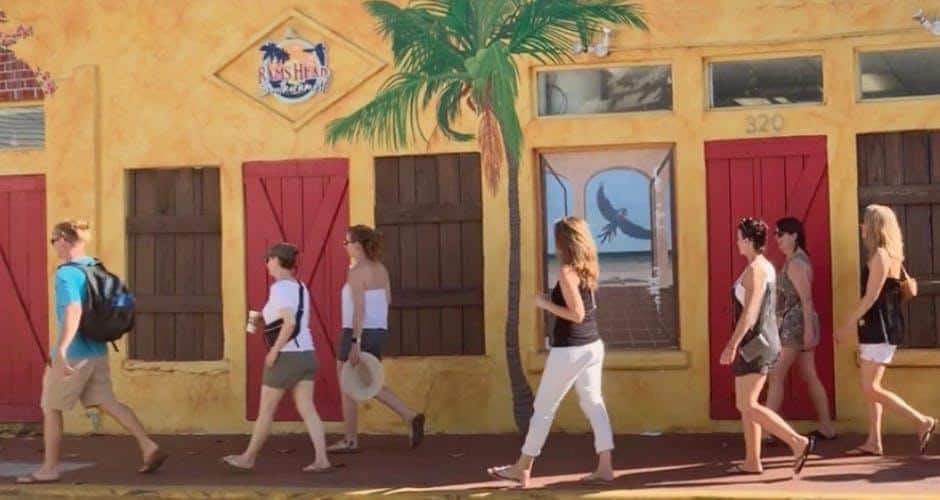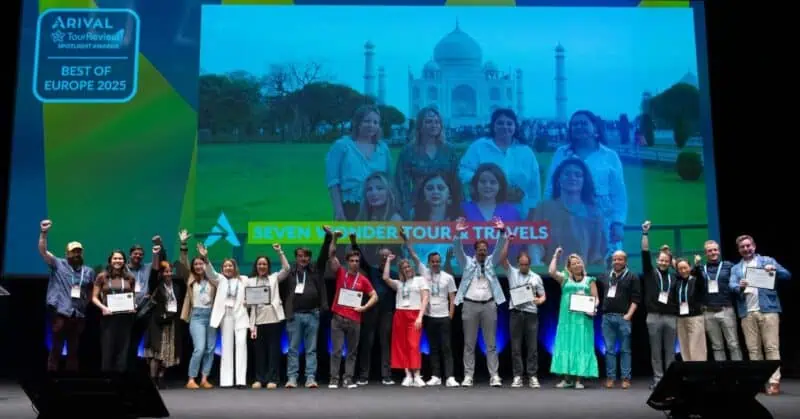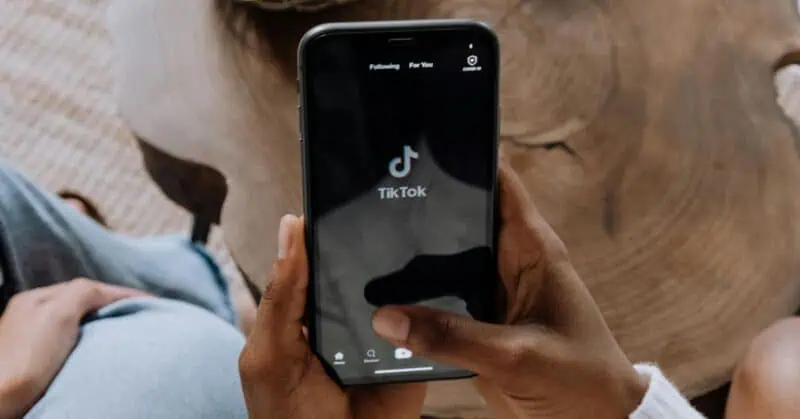Top Tips for Operators Preparing to Reopen:
- It’s going to be much busier than you expect
- Hire more people than you think you need
- Guests are more comfortable staying outdoors
- Listen to your guests, but know they understand the risks
- Know your audience — most travelers will be local or domestic
- Increase flexibility for guests, and your partners
“It’s a bit crazy right now,” Stu Card says. “We’re so busy we’re having a difficult time staffing and keeping the restaurants from killing us is an everyday task. We can overwhelm them pretty quickly at the moment.”
Thanks to the success of vaccines and the seasonality of the virus, many tours, experiences and attractions across North America and Europe are preparing to throw open their doors to visitors as Covid restrictions ease.
Unfortunately, there is still a patchwork of different restrictions across both continents, and even within states. An awful lot of operators are still unsure of when they will be allowed to reopen. Some are currently stuck in limbo — they can operate but are reliant on cruise ships docking and flights landing again.
Reopening can be a worrying time for operators because no one knows what to expect — will the rules change for the umpteenth time? How should we prepare? Will people travel again? (Yes.)
Card is the co-founder of Savannah Taste Experience, a food tour operator in the historic Georgian city. When the pandemic hit, the operation shifted to providing restaurant deliveries to locals before being able to reopen in May 2020.
Georgia is still meant to be under a state of emergency that has now mostly fallen by the wayside. Masks are still worn inside and taken off when eating. However, Savannah has weather that allows people to be outside in the city’s square most of the time.
“Because of the beautiful weather that we do have here in May and every restaurant still had zero seating indoors, we had a quick glance in at the restaurant at every place we went to but we were taking our food to the squares and having a picnic,” Card says.
Keeping Staff and Guests Safe
Three hours drive over the ocean from Miami, at the bottom of the Florida Keys, Key West Food Tours reopened in June 2020. “I had such a fear,” owner and founder Analise Smith says. “I was like: are people even going to want to take food tours anymore?”
Like Card, Smith is lucky with her operation’s location — it’s easy to stay outdoors. Most of the restaurants offer al fresco dining. At first, her tours took the temperature of their guests when they arrived. But because of the heat most were arriving at the starting location with a temperature that disappeared after a sit-down and a cold drink.
Key West Food Tours’ guides wear masks throughout, and guests indoors, and they carry hand sanitizer at all times. They’ve also reduced their group size from 16 guests to 8 to 10, depending on how the group is composed. Smith says they might not increase group size post-pandemic “because the experience is so much more intimate”.
As well implementing similar measures to Smith’s, Savannah Taste Experience has introduced individually-portioned food to keep guests safe. Perhaps more important, after their guides explain the city’s Covid restrictions, they open this up to the group and ask what more could be done to make guests feel safe. Most understand the risks.
Hiring has Been the Biggest Challenge
The United States is in the midst of a hiring glut of service staff. The pandemic shuttered 100,000 restaurants and 2.5 million jobs were lost. Many of those have left the industry, the customer-facing industry is currently seen as hazardous, and travel restrictions mean there is a lack of foreign workers. Also, with everyone trying to hire at the same time, competition for service is huge.
Both Key West Food Tours and Savannah Taste Experience are bumping into this. While both have faced issues with scaling their own staff and training, the main problem has been with restaurant staffing.
“Your pitch to the restaurants needs to placate all of their concerns as much as you possibly can and in shifting to their needs,” Card says. “They are going to be overwhelmed, they’re going to have a hard time staffing, and as soon as people are allowed to dine in restaurants there will be lines around the block.”
The food tours are making sure they don’t visit at busy times and have increased the flexibility in the number that they offer. Smith says: “We just can’t overwhelm these restaurants by coming in and asking for tables.”
People are Traveling, and the Demographics are — Mostly — Returning to Normal
“It feels just like a swarm of people, it’s just never-ending,” Smith says. “A lot of people are saying: ‘Oh, we would have got we normally go to the Caribbean, but we’re not going out of the country.’” Card agrees. It’s a good problem to have, but it’s hard work.
Other than a switch to local and domestic tourism, Key West Food Tours hasn’t really seen a shift in its demographics. “It’s all boomers, it’s always boomers, always has been,” Smith says.
But when they reopened in Savannah in May of last year, Card’s guests were much younger. There was a drop of 10 to 15 years in the age of the guests buying tickets. They were more likely to take the risk. However, with vaccines making people feel safer, age groups have started to return to normal.
Most came from within driving distance. Card says: “It was like a reemergence for a lot of people that hadn’t seen their downtown for the last six to eight weeks — hadn’t experienced the restaurant world.”
Was it different taking locals? “Yeah it was different,” Card replies. “There’s always that moment of nerves before the tour starts. Are we about to show them stuff they already know or do they feel like they know more? What are their expectations compared to a tourist?”
However, there was no need to worry. Having been kept under stay-at-home orders, people were just happy to be out and returning to a relatively normal life.

















